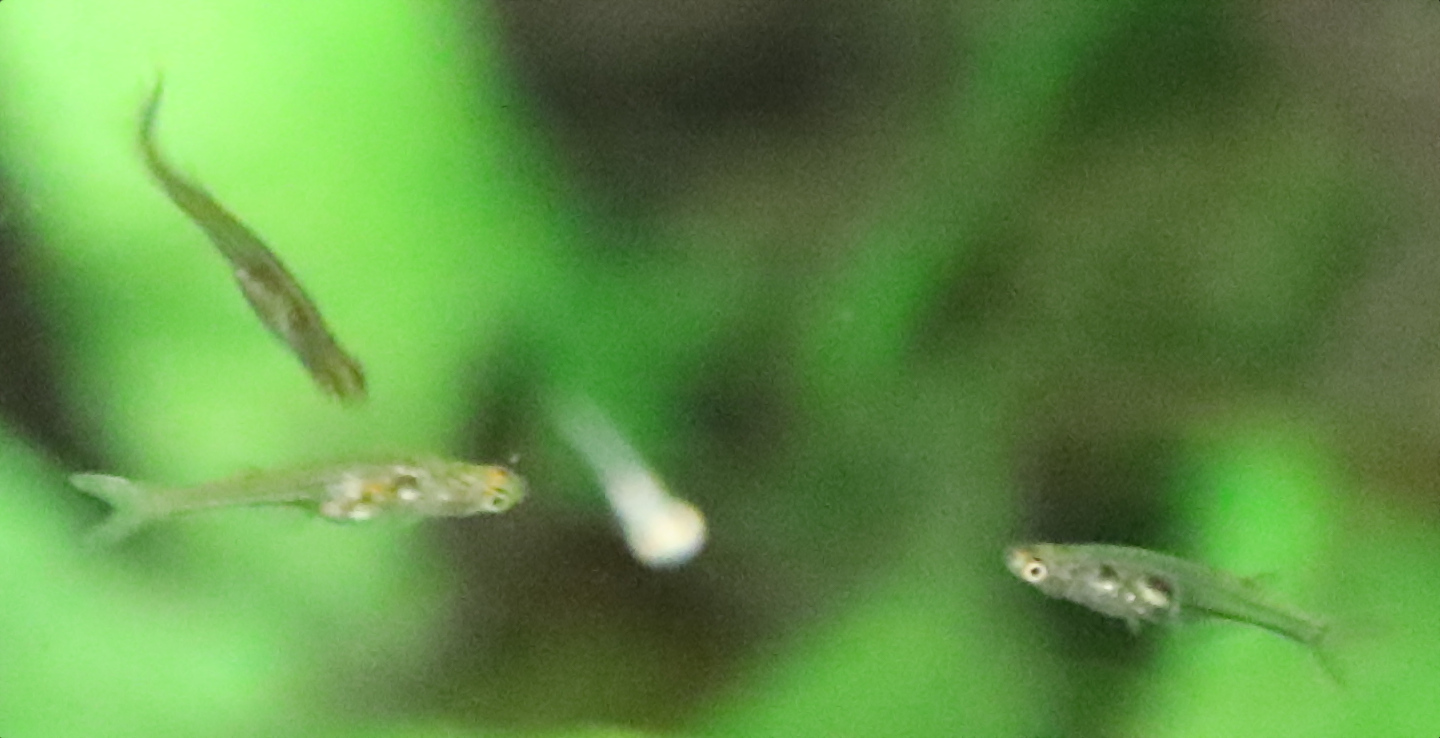Whisper to Roar: Meet the World’s Smallest Noisemaker
One of the world’s smallest fish, discovered in Myanmar, astonishes experts with its loud noises—reaching 140 decibels, equivalent to a gunshot. Scientists from Charité University in Berlin uncovered this unique trait in the tiny Danionella cerebrum, which is barely the size of an adult human fingernail.
In the fascinating realm of aquatic life, the unassuming Danionella cerebrum claims a surprising title: the world’s smallest sonic powerhouse. Despite its transparent appearance, this fish defies its size by possessing the ability to generate sounds comparable to a gunshot.
Exploring the Danionella cerebrum’s Drumming Secret
Initially puzzled by the loud clicking noises emanating from a tank containing these miniature fish, scientists delved deeper into the phenomenon. They discovered a captivating adaptation in the Danionella cerebrum—a unique drumming apparatus. This intricate system involves their swim bladder, a specialized cartilage structure, and exceptionally robust muscles.
The key lies in the rapid vibration of the swim bladder. The fish’s muscles contract with incredible force, causing the cartilage to strike the swim bladder at high velocity. This rapid succession of strikes generates pressure waves that translate into surprisingly loud clicks exceeding 140 decibels. This level of sound intensity rivals the crack of a gunshot or the booming of celebratory fireworks.
Loud noises might serve the purpose of communication
This discovery underscores the remarkable adaptations found in nature. While the Danionella cerebrum’s minuscule size might suggest fragility, it possesses a sophisticated mechanism for producing powerful sounds. Scientists believe this clicking serves multiple purposes, potentially including communication with other fish and defense against predators.







